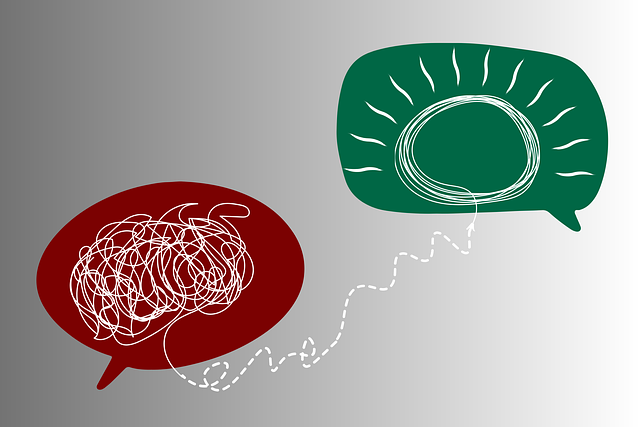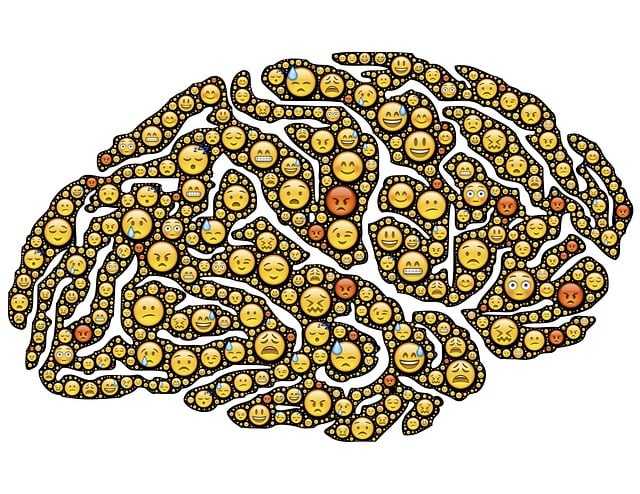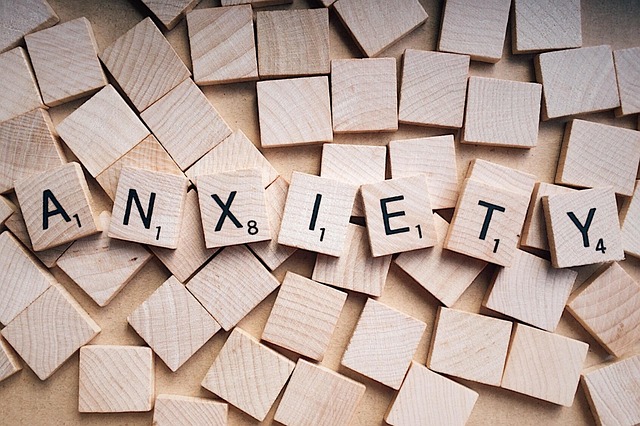Crisis Intervention Teams (CITs) in Lafayette can significantly enhance their effectiveness by integrating American Sign Language (ASL) therapy, addressing the needs of the deaf and hard-of-hearing community. Lafayette American Sign Language Therapy offers specialized training, combining scenario-based practice with education, to equip professionals with crucial communication skills for crisis intervention. This approach not only improves community well-being but also reduces stigma through open dialogues, ensuring accessible and tailored support for diverse clients.
“Crisis intervention teams (CITs) play a vital role in navigating emotional and traumatic situations, providing immediate support that can significantly impact individuals’ recovery. This article explores the critical work of these teams, with a special focus on Lafayette American Sign Language Therapy’s unique contribution. We delve into how specialized CIT training programs, incorporating key components like scenario-based learning and cultural sensitivity, enhance preparedness for real-world crises. By examining best practices, we aim to highlight effective strategies for optimizing the impact of these interventions.”
- Understanding Crisis Intervention Teams: Their Role and Impact
- Lafayette American Sign Language Therapy: Enhancing Communication Skills for Critical Situations
- Designing Effective Training Programs: Key Components and Best Practices
Understanding Crisis Intervention Teams: Their Role and Impact

Crisis Intervention Teams (CITs) are specialized groups designed to respond swiftly and effectively during times of crisis, offering immediate support to individuals facing mental health challenges. These teams play a pivotal role in communities, especially in areas like Lafayette, where access to American Sign Language (ASL) therapy can enhance their capabilities. By integrating ASL therapists into CIT training programs, the team’s communication skills are significantly enhanced, enabling them to better connect with deaf or hard-of-hearing individuals during critical situations.
Understanding the role of CITs is crucial in the context of mental illness stigma reduction efforts. Their presence can foster a sense of comfort and understanding, as they de-escalate situations, provide validation, and offer professional guidance. Moreover, these teams contribute to the broader Mental Wellness Podcast Series Production by sharing their experiences, raising awareness about mental health issues, and encouraging open dialogues that challenge societal norms. Through training programs that emphasize cultural sensitivity and inclusive practices, CITs can boost the confidence of both team members and the individuals they serve, creating a network of support that positively impacts community well-being.
Lafayette American Sign Language Therapy: Enhancing Communication Skills for Critical Situations

Lafayette American Sign Language (ASL) Therapy offers a unique and valuable service to mental health professionals looking to enhance their crisis intervention skills. This specialized training program equips practitioners with the ability to communicate effectively during critical situations, particularly with individuals who are deaf or hard of hearing. By learning ASL, professionals can better understand and connect with a diverse range of clients, ensuring inclusive and accessible support for everyone in need.
The integration of ASL into crisis intervention training is a game-changer in mental wellness coaching programs. It addresses the often-overlooked communication barrier and enables practitioners to deliver tailored risk management planning. With effective stress management techniques already in place, Lafayette ASL Therapy’s approach ensures professionals are well-prepared to handle various mental health crises while considering the specific needs of the deaf and hard-of-hearing community.
Designing Effective Training Programs: Key Components and Best Practices

Effective crisis intervention team (CIT) training programs are meticulously designed to prepare professionals for high-pressure situations. At Lafayette American Sign Language Therapy, we understand that CIT members require a unique blend of skills to provide immediate and effective support. Key components include scenario-based training, where participants practice responding to various crises, from mental health emergencies to natural disasters. This hands-on approach ensures team members are comfortable executing plans under stress.
Best practices emphasize the importance of ongoing education and debriefing sessions. Regular workshops focused on coping skills development enhance the team’s ability to manage their own stress and emotions during crises. Additionally, public awareness campaigns can be integrated into training to foster a culture of preparedness and resilience within the community, ultimately strengthening the overall crisis response system. Confidence-boosting exercises are also vital, encouraging active participation and promoting a sense of teamwork essential for effective CIT operations.
Crisis intervention team training programs, such as those offered by Lafayette American Sign Language Therapy, play a pivotal role in equipping individuals with the skills needed to navigate critical situations effectively. By focusing on enhancing communication abilities, these programs ensure that crisis teams can provide timely and compassionate support. Incorporating key components like interactive simulations, best practices for de-escalation, and cultural competency training, as highlighted by Lafayette American Sign Language Therapy, leads to improved team performance and positive outcomes for those in distress.














